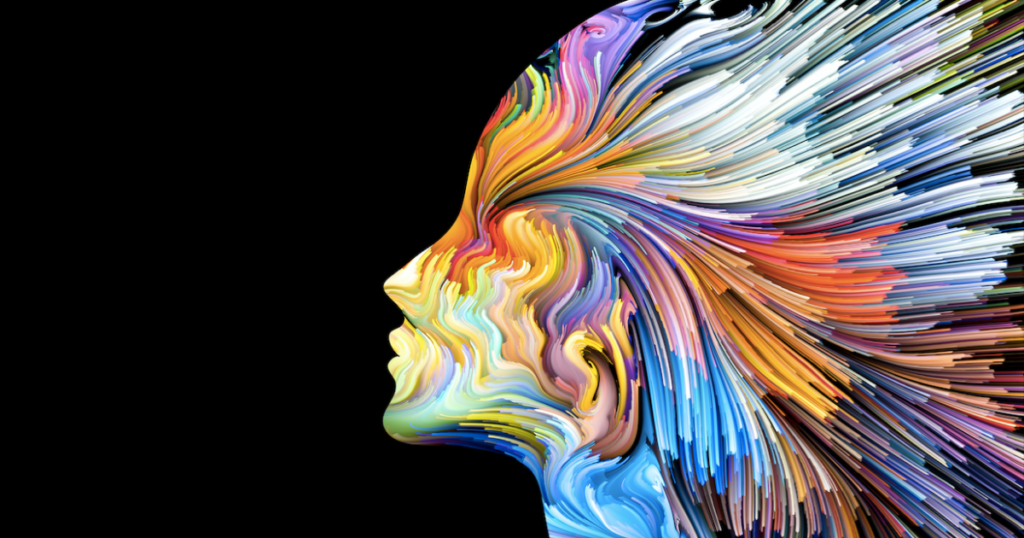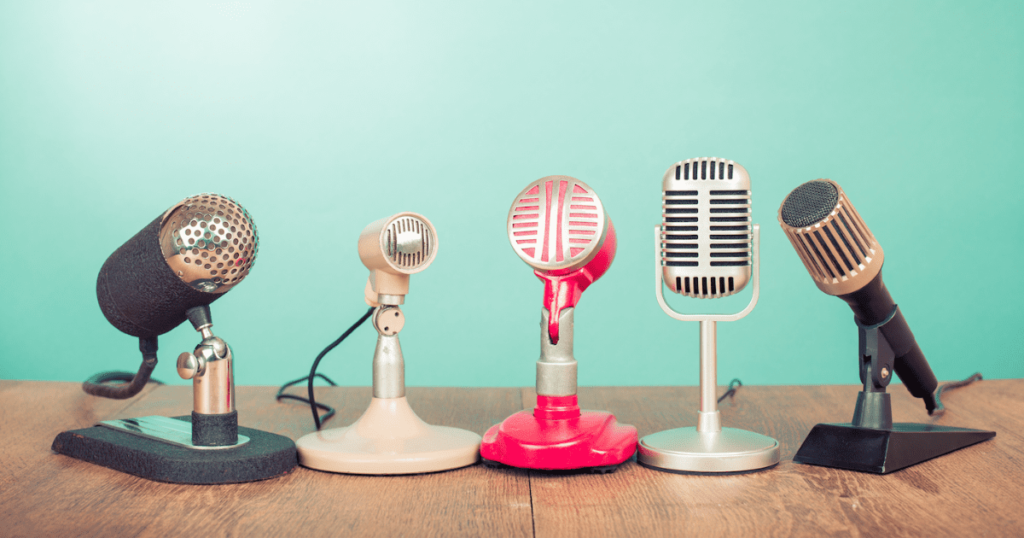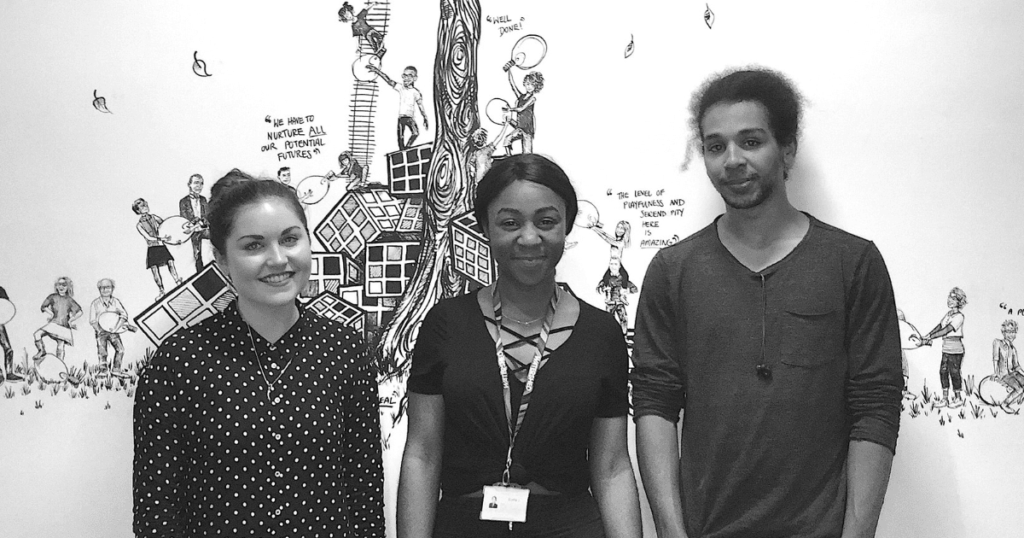Tips for making your brain pay attention
Will you read until the end of this article? Did you already look away, before you’d read that sentence? Perhaps you skipped over the beginning of this article to skim the next few paragraphs, then came back.
According to research in 2019, collectively, our attention span is narrowing. In a longitudinal study covering multiple decades, the researchers combined data from books, movie ticket sales and scientific citations, plus data from Reddit, Wikipedia, and Google Trends.
The findings showed that the information age has changed the way we consume content. There are more things to focus on, but we focus on them for shorter periods of time. Whilst new topics sharply capture widespread attention, they can lose it just as quickly.
The researchers wrote: “With news pushed to smart phones in real time and social media reactions spreading across the globe in seconds, the public discussion can appear accelerated and temporally fragmented.”
With media readily available to be consumed at every moment, there is a great deal of competition vying for our attention, and yet, our attention becomes exhausted. It remains a finite resource.
The research analysis showed that: “The accelerating ups and downs of popular content are driven by increasing production and consumption of content, resulting in a more rapid exhaustion of limited attention resources.”
If there was less media to consume, or more time taken on each piece, our collective attention span would likely increase. However, in order to work or study, we need to focus despite modern distractions.
There are a variety of ways to increase concentration, firstly by understanding the internal and external factors affecting your attention and secondly by making small changes to optimise and improve your ability to focus.
Improve focus despite internal and external interruptions
Looking inwards: How to combat internal distractions
Understand evolutionary factors
The book The Distracted Mind: Ancient Brains in a High-Tech World shared study results showing that students were able to stay focused and attend to important work only for a short period of time (three to five minutes) before self-interrupting their studying to switch to another task. The same book says we check our phones up to 150 times a day.
Whilst technology is often the distraction, it’s not your phone’s fault. Your brain is using the same system that keeps you on the lookout for food, water and threats. The dopamine system rewards you for information-seeking behaviour, and whilst our brains are still protecting us from outdated threats like lions, we haven’t yet adapted to the fast and constant distractions of the information age.
The evolutionary factors at play help us understand, but not excuse, our diminishing ability to focus for long periods of time. In order to position ourselves better for improved concentration, we need to look further inwards.
Nurture emotional wellbeing
It’s no surprise that stress and emotional distractions occupy our minds. Ongoing internal stress can affect important cognitive functions and emotional stress can leave us feeling mentally exhausted and overwhelmed.
You should always prioritise your mental health, no matter what. Making changes to reduce stress, giving yourself more breaks and working on methods to relax and ground yourself outside of the office will help improve your emotional wellbeing and allows you to be more attentive in other areas of your life.
Make a mind map of all the stressors in your life, with possible solutions for how you could resolve these. This activity will help you to put the right boundaries in place to defend against the risk of burnout or long-term sickness. Putting these solutions into practice will significantly improve your quality of life whilst giving you improved focus.
Resist internal triggers
Internal triggers are often linked to our emotions, and they manifest themselves as learned associations that prompt actions. For example, some people comfort eat when they feel upset or bite their nails when they feel stressed. In more recent times, internal triggers can lead to increasing our use of online platforms and social media.
If we feel unsure, we might search for more information using a search engine. If we are bored, we might scroll through social media or watch videos online. However, this same process can lead to us impulsively or obsessively checking for likes on a photo we posted to social media if we feel sad or lonely. It can mean that we waste time acting upon internal triggers when we should be channelling attention into other areas, like our work.
Recognising internal triggers is the first step to freeing yourself from impulsive actions based on emotional associations. Following this, monitoring and self-adjustment will help you ensure you have a healthy grasp of online platforms and social media, whilst maintaining your focus when you need to do more important things.
Improve your health
Dr. Julie Schwartzbard wrote that poor diet, nutrition, hunger, and dehydration can all affect our ability to focus. The brain needs fatty acids, as well as amino acids from protein, in order to focus. Furthermore, without essential vitamins and minerals, your concentration will suffer. Hunger is also a distraction, leading to low energy levels, and loss of focus is a side effect of not drinking enough water.
The solution is shifting your diet towards healthy foods such as lean protein with lots of fruit and vegetables, taking vitamin supplements if you aren’t getting an adequate amount through food, and drinking plenty of water throughout the entire day. By doing so, you prime your body for focus and reduce the chance of physiological distractions.
Increase exercise
There is a lot of research about how physical activity can impact mood and cognitive functions in humans. One study concluded: “The three most consistent cognitive and behavioural effects of a single bout of exercise in humans are improved executive functions, enhanced mood states, and decreased stress levels.”
Cognitive control is measurably better after just a single exercise session, so by getting moving, you will improve concentration later, in addition to the multitude of other benefits that engaging in physical activity brings.
Read our blog post on how increasing physical activity improves wellbeing, which in turn improves employee engagement, productivity and commitment to work.
Get more sleep
Scientists have found that sleep deprivation has an impact on cognitive performance, impairing “attention and working memory,” and affecting “other functions, such as long-term memory and decision-making.”
Even after a single bad night’s sleep, we feel the effects. On the other end of the scale, ongoing sleep deprivation can have serious long-term consequences.
By ensuring you regularly get a well-rested night’s sleep, you will improve your cognitive performance and attentiveness, setting yourself up for success on both a short-term and long-term basis.
Looking outwards: How to reduce external interference’s
Stop multi-tasking
Most of the time when we think we are multi-tasking, we are misleading ourselves. Unless one of the activities is second nature (like walking or chewing), or it involves a completely separate brain function, it is impossible to multi-task.
We cannot process more than one task that activates the same part of the brain, such as the language centre, at once. If two goals both require similar cognitive control to complete, they will compete for our neurological resources and cause a delay. It would be quicker to do one task at a time.
Each time you try to multi-task, you are imposing interferences on yourself. You’re better off focusing on one thing at a time, instead of rushing through multiple tasks that will inevitably take longer to complete.
Use the project management integration in Mind Map Pro to set tasks and focus on them one by one. This ensures you do not overwhelm your workload or lean on ineffective techniques like multi-tasking. Instead, you can work through a task board to achieve your goals.
Leave your phone in another room
Make sure that anything which might distract you is far away, especially your phone. One research study revealed that even the mere presence of a phone was distracting enough to affect the performance of tasks, with the detrimental effects increasing as the tasks become more complex.
Professor Bill Thornton and colleagues at the University of Southern Maine demonstrated that the presence of the experimenter’s phone in the study and the presence of a student’s silenced phone in a classroom had an equally negative impact, leading to distraction and worse performance.
Silence your emails
According to an Adobe report, on average, workers reported using email for six hours a day, or 30+ hours a week. Not all of our tasks are dependent on emails, and yet emails risk taking up a disproportionate amount of our day.
It sounds like a straight forward solution, and it is. Simply shutting off emails for a few hours of focused work can do wonders. Take back your working day to complete tasks that really matter. Those emails can wait.
Turn off notifications
We all love to receive that little red circle, phone ping or push notification, and that’s because they work exactly how they should. Notifications are effective psychological triggers that pull us back to a piece of software. They alert us to things that need to be checked, and we check our tech incessantly.
What’s powerful about visual notifications (like a red dot or a red number in the corner of an app logo) is that until we investigate them, we don’t know what they represent. The good, the bad or the ugly, and most likely a crude attempt to re-engage a user.
Former Facebook, Google and Apple employees launched a campaign to protect people from addictive technologies. The group formed to persuade tech companies to make their products less intrusive and less addictive, which gives us an insider glimpse into how ex-employees view the impact of psychological triggers like notifications.
The best thing you can do to focus is to switch off all apps and notifications that you aren’t using at that moment. After a few hours of undisturbed work, you’ll be surprised at how much you’ve achieved.
Why do we need to focus?
We need to focus to achieve our goals in work or education in an efficient way. However, the distractions listed in this blog post aren’t limited to those environments. Whether you feel triggered to use social media in the office whilst working or triggered to answer emails at home whilst spending time with your family, both distract you away from what you should be doing.
Try our simple yet effective solutions to make impactful improvements. Take care of your physical and mental health, get enough sleep and remove technological distractions when you can. By acknowledging how internal and external triggers combined with evolutionary factors can interrupt your concentration, you can set yourself up for improved focus and take back control of what captures your attention.



